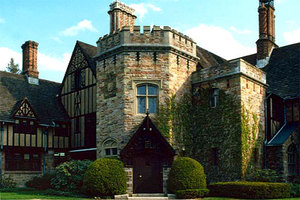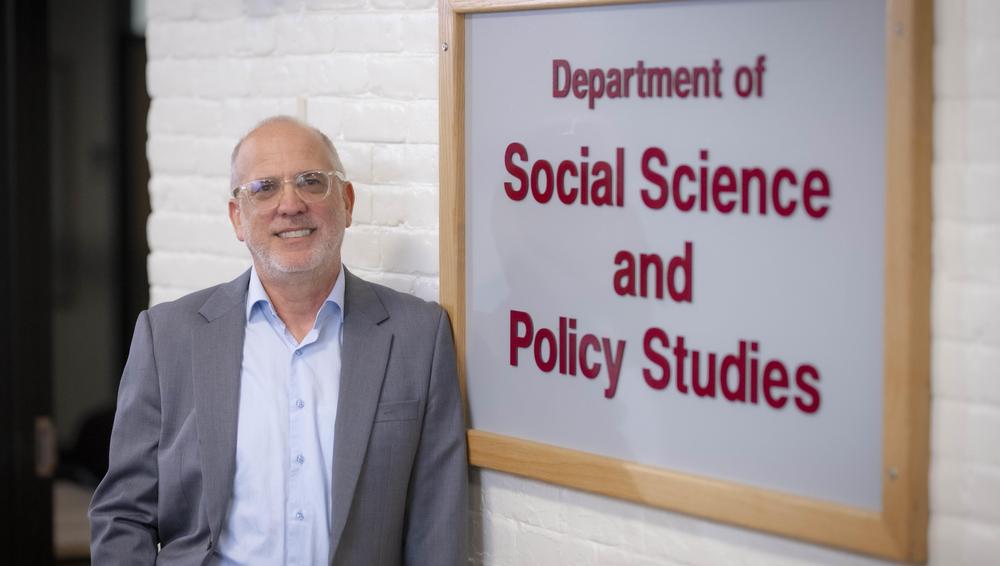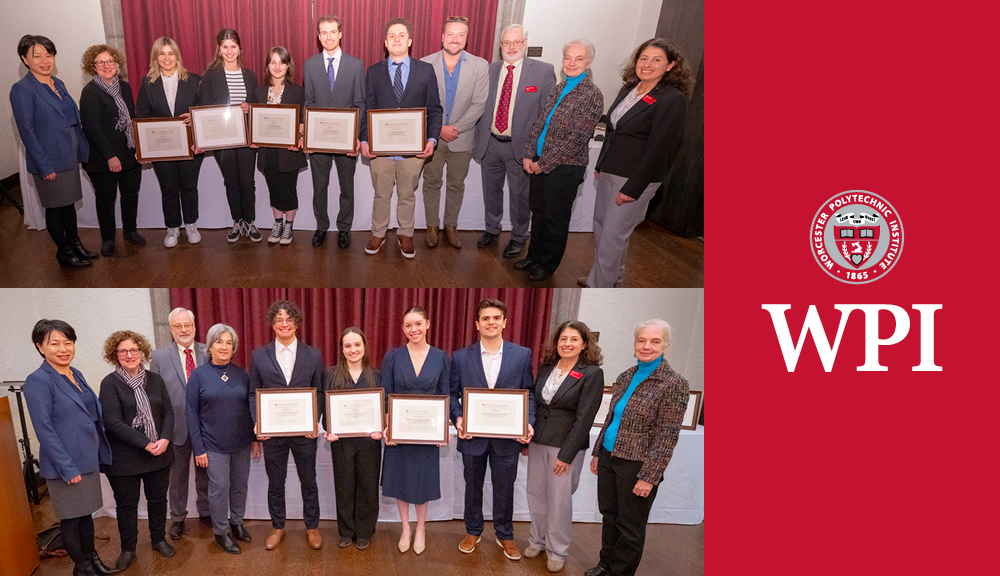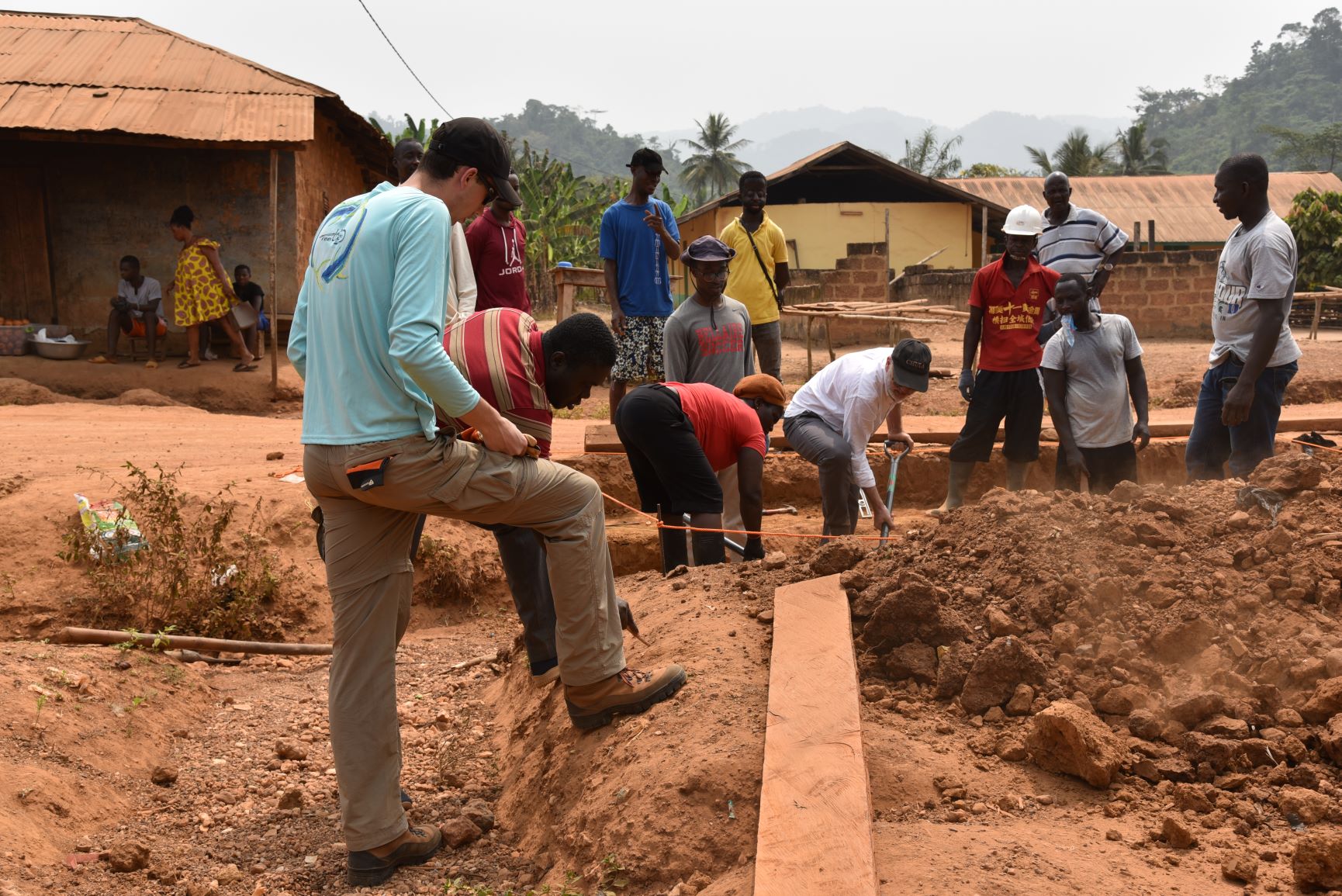
The new Great Minds Multiplied Speaker Series is designed to engage WPI’s science, engineering, and business students and faculty members, as well as the broader community, in conversation and debate to stir critical thinking—an essential component of WPI’s project-based curriculum. The inaugural installment is "Three Men Who Quit Their Jobs to Save the World," a panel discussion with Martin Burt, Jim Fruchterman, and Bart Weetjens.
- Martin Burt, founder and CEO of Fundación Paraguay, a 25-year-old NGO, developed one of the world’s first financially self-sufficient agricultural and tourism schools for the rural poor. He also co-founded Teach a Man to Fish, a global network based in London that is partnering with more than 50 organizations from 27 countries to establish self-sufficient schools, mostly in rural areas. His activities with the World Economic Forum include participation on the Education Global Agenda Council and membership in the Latin American Entrepreneurship Group. Burt has received the World Innovation Summit for Education (WISE) Award, the Microfinance Award from the Inter-American Development Bank, the Outstanding Social Entrepreneur Award from the Schwab Foundation, the Skoll Foundation Social Entrepreneur Award, the Ashoka Changemakers Award, the Oikocredit Award, the Templeton Freedom Award, and distinguished alumni awards from George Washington University and the University of the Pacific.
- As a child in Belgium, Bart Weetjens made money by breeding rodents in his home. But in the 1990s, he found a way to use rats to solve a serious humanitarian issue: the lethal danger of landmines in Africa. Knowing that the main problems in navigating mined areas were the high cost, the danger, and the time-intensive work of detection, and realizing that mine detection dogs did not fare well in Africa, Weetjens decided to use local rats, which were cheaper, already accustomed to the environment, and easy to train. Although initially mocked by the leading experts in the mine removal field, he persisted, and in 1997 the Belgian government provided a grant that allowed Weetjens and his team to create HeroRATS, a leading technology in African mine detection. That breakthrough led to the foundation of APOPO, an organization aimed at developing efficient methods for the detection of landmines and disease. In 2008 Weetjens’s mine-detection rats were responsible for the reopening of more than 400,000 square meters of African land that had been suspect to landmines.
- Jim Fruchterman, a leading social entrepreneur who believes that technology holds the key to allowing disadvantaged people to achieve more equality in society, is CEO of Benetech, a nonprofit technology company based in Palo Alto, Calif. He is a former rocket scientist who creates technological social enterprises targeting underserved communities. In 1989 he founded Arkenstone, a nonprofit social enterprise that produces reading machines the blind. In 2000 the nonprofit changed its name to Benetech and began creating new technology for people with disabilities and for the human rights and environmental conservation communities. Fruchterman has received a MacArthur Fellowship and the Skoll Award for Social Entrepreneurship.
When
Monday, Feb. 24, with a panel discussion at 2 p.m. and a reception at 3 p.m. The event is free and open to the public.
Where
Higgins House on the WPI campus, 100 Institute Road, Worcester, Mass.
Why
The panelists will discuss how they use technology to address social, health, and safety issues. The program brings together three internationally recognized social entrepreneurs who will explain their career trajectories and approaches to fight poverty in Paraguay, apply technology to transform lives around the world, and use rodents to detect landmines and tuberculosis.
Other Information
The Great Problems Seminar prepares first year students at WPI for their critically important project work. As a requirement for graduation, students must complete two projects in addition to their course work. Undertaken in the junior and senior years, these projects provide WPI students with opportunities to apply knowledge acquired in the classroom and the lab to solve important real-world problems. Students may complete projects on or off campus; about two-thirds work at 35 residential project centers on five continents, comprising WPI’s Global Projects Program. The junior year project (the Interactive Qualifying Project, or IQP) facilitates students’ tackling societal issues related to science and technology. In the senior year (the Major Qualifying Project, or MQP), students work in teams to define a problem and then develop novel and creative solutions.


